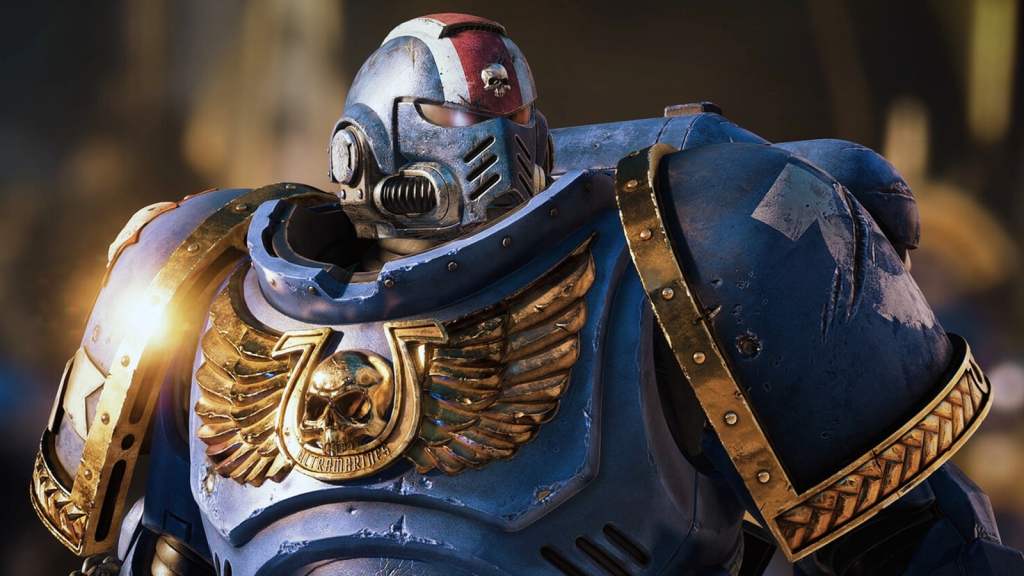Saber Interactive CEO Matthew Karch has claimed the current USD $70 price point for modern video games is not sustainable, and must be addressed by studios to improve industry stability. Speaking to IGN, Karch implied the price point is not reasonable, and that it will be unlikely to stick around in an era where developers require larger audiences to sustain big budget games.
“I think that as games become more expensive to make, the $70 title is going to go the way of the dodo [bird]. I do. I just don’t think it’s sustainable…” Karch said. But rather than developers making games more expensive to compensate, Karch believes game development should go in the opposite direction: making the game should become cheaper.
“I think the market is going to shift to development which is not necessarily lower quality, but there’s going to be an emphasis on trying to find ways to reduce costs,” Karch said.
While he told IGN that artificial intelligence (AI) might help to reduce overall costs, he believed this wouldn’t be enough. Rather, he believes the industry needs to reckon with high budgets, and settle into more sustainable development patterns.
Read: Saber Interactive officially splits from Embracer Group
Saber Interactive, according to Karch, occupies a rare “AA” position between low-budget and high-budget development. This position in the “middle market” is something Karch believes will aid the studio in future, as it continues to develop games within a reasonable scope.
He pointed to Helldivers 2 as another “middle market” game that has performed very well, with a reasonable price tag and refined gameplay loop successfully inviting in a solid audiences.
In his interview with IGN, Karch also brought up a strange point: that Saber Interactive does not want to sell upcoming game Space Marine 2 for USD $70, but there may be a perception in the market that a cheaper game means it’s of a lesser quality. While Karch did not elaborate further, it appears Saber is overly concerned by player expectations, and the social “prestige” attached to USD $70 games.
Based on responses to IGN‘s initial story, this narrative is not necessarily true – but it does touch on the current trend of game studios moving towards USD $70 pricing for “mainstream” titles, to cover ballooning development costs. It appears that rather than wanting to pass the cost to audiences, Karch believes studios should look towards cost-cutting and reducing the risk of investment in major games.
In a tougher future focussed on cost-cutting, Karch believes it’s the only way to sustain new video games, and ensure studios can keep their doors open.





